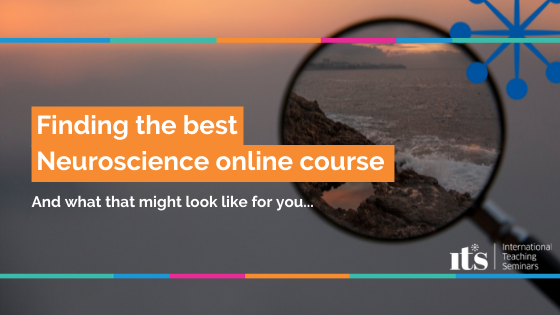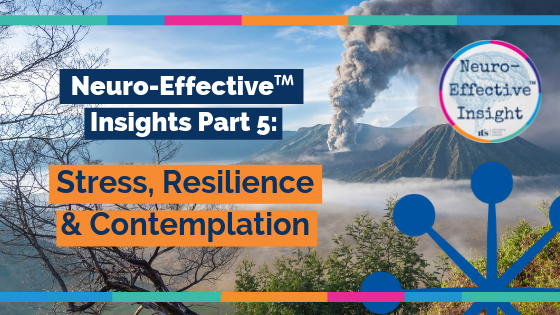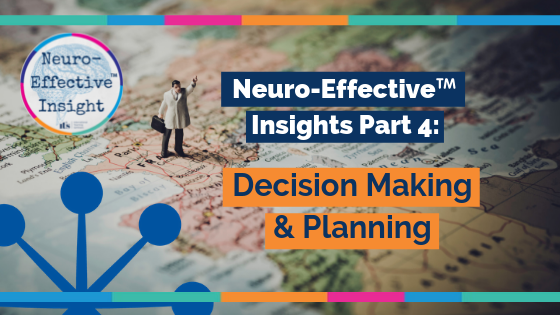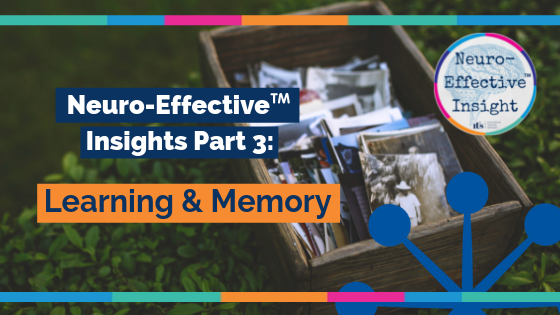You are here because you have decided to level up your brain game and have set upon finding the best Neuroscience online course.
But first… let’s address the elephant in the room – the word ‘BEST’.
We can’t determine what the ‘best’ course is for you – that’s for you to decide.
So if you are curious about your options then you are in the right place, because we have pulled together a snapshot of the online training landscape. The objective here is to help you find and define your very own ‘best’ course.
This information includes everything you need to know and things to consider to help you decide what your best online course might look like, including different types of learning formats and training options.
Weekday Learning vs Weekend Learning
What suits you will depend greatly on your own preference, life circumstances and how you can invest your time.
For some people weekdays are better because it falls within their working week. Which likely means that their family are at school or at work, so there are less disruptions if you are training from home. It also means that your weekends are free.
Others like to do training on the weekend, because it means they don’t have to use their holiday allowance or have to sacrifice their typical weekday work commitments.
We have found there are often pros and cons to both.
What we offer: Our Applied Neuroscience Programme runs across 2 days over the weekend (from Saturday to Sunday). It is a 5 month long programme with one 2-day module per month.
Training frequency
Consecutive training days:
Some courses run their training days sequentially, meaning you do a full stint of learning in one go. They are designed to run for anything from 3 to 8 consecutive days.
We would describe these as intensive training programmes, because a lot of information is presented in a short space of time. It is good for people who are short on time and want a certificate or to learn the knowledge quickly.
Split training days:
This is where a programme is split across weeks or months. This is often a module based approach. Each module may run between anything from 1 day to 3 days of training over a duration of weeks or months.
This approach gives you time in between for the learning to sink in. It also means you have greater opportunities to build rapport with your fellow course participants because you are regularly seeing them.
This approach is also more akin to an academic way of learning. So if you are looking to study at an undergraduate and postgraduate level then this is likely how the material will be split – see more about this educational path below.
What we offer: Our programme is split into 5 modules. We host one module per month across March to June.
Who are you learning from?
A university:
If you are wanting to study this subject at a degree level, then there are a few choices available for you.
Such as the online course Applied Neuroscience MSc (Master of Science)/PGDip (Post Graduate Diploma) at King’s College London. They do require you to have an undergraduate degree in order to take this course so it is not an entry level course.
As you can imagine with any degree it is also a greater investment in time, taking 2 to 6 years to complete depending on whether you take it part-time or full-time. It is also an investment financially, costing from £12,304 to £18,456.
Other online training providers:
In contrast to the above is Udemy who offer an online course called Applied Neuroscience: Brain Enhancement for a mere £24.99. It is an on-demand format, which means you can study at your own pace. This online course has 1 hour 34 minute worth of lectures.
There is an array of different Neuroscience focused courses on this platform that you can choose from, depending on your interest and learning objectives.
What we offer: Our 10 day programme is a live online experiential experience, including a A4 folder of training notes, a mix of 1-1/ group exercises, live Q&As and meaningful discussions. In case you missed it above it is split into 5 modules. We run one module per months across 5 months.
Programme trainers:
With a lot of buzz around neuroscience, there are a lot of people talking about the wonders of this powerful discipline.
We believe that you don’t have to be a neuroscientist to learn more about the brain and benefit from understanding how it influences our feelings, thoughts and behaviour, however we do believe it pays to learn from credible sources to avoid misinterpreted and misunderstood research.
Before you book your course we suggest doing some research into the trainer/s, this should be easily available on their website or via LinkedIn.
What we offer: Our training is designed and delivered by Professor of Applied Neuroscience Patricia Riddell and renowned author, Master NLP trainer and coach Ian McDermott. They are experts in their field with over 30 years of experience. If you would like to know more about their credentials see our Trainers Page here >
What do you want to learn about?
There is an array of different research fields in Neuroscience available for you to study. Your area of specialism will depend greatly on what you want to achieve and how you want to apply the learning from the course you choose.
The main distinction we want to focus on here is the difference between a ‘Neuroscience’ course and an ‘Applied Neuroscience’ course.
Neuroscience can be described as ‘the science of the brain and the nervous system’ as specified by The British Academy.
Whereas the Institute for Applied Neuroscience describes Applied Neuroscience as “Translating research into real world solutions”.
So Applied Neuroscience is just that… neuroscience research applied to real-life practical scenarios.
What we offer: Our Applied Neuroscience Programme is the first of its kind anywhere. It is designed to cover key areas of life where Applied Neuroscience can have significant impact both personally and professionally. It includes the following areas: motivation, creativity, memory, emotion regulation, stress, resilience, decision making and so much more.
What is the best Neuroscience online course for you?
Okay so let’s reflect on what we’ve looked at… We have presented an array of information to help you choose what the best Neuroscience online course is for you. From different types of learning formats and frequencies to different time and financial investments.
We have also introduced some definitions for ‘Neuroscience’ and ‘Applied Neuroscience’, and how they differ.
Now it’s over to you…
There are a few choices for you to make when it comes to the level you want to learn and how you like to learn.
We also recommend that you do your own research, using your own preferences and training objectives to guide your decision.
And if you want to learn more about our Applied Neuroscience Programme then we are here to answer any questions. Simply get in touch.





Leave A Comment